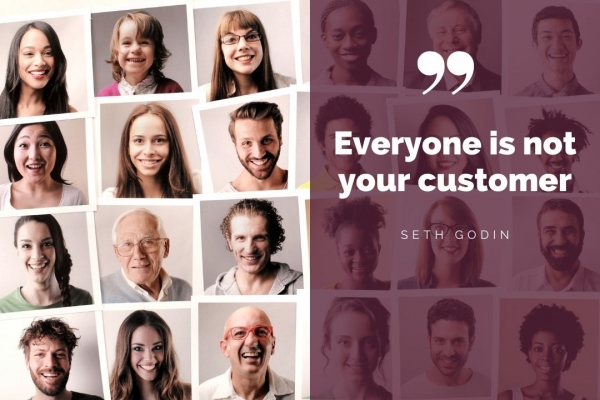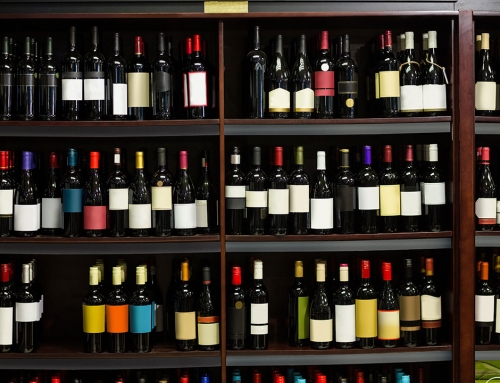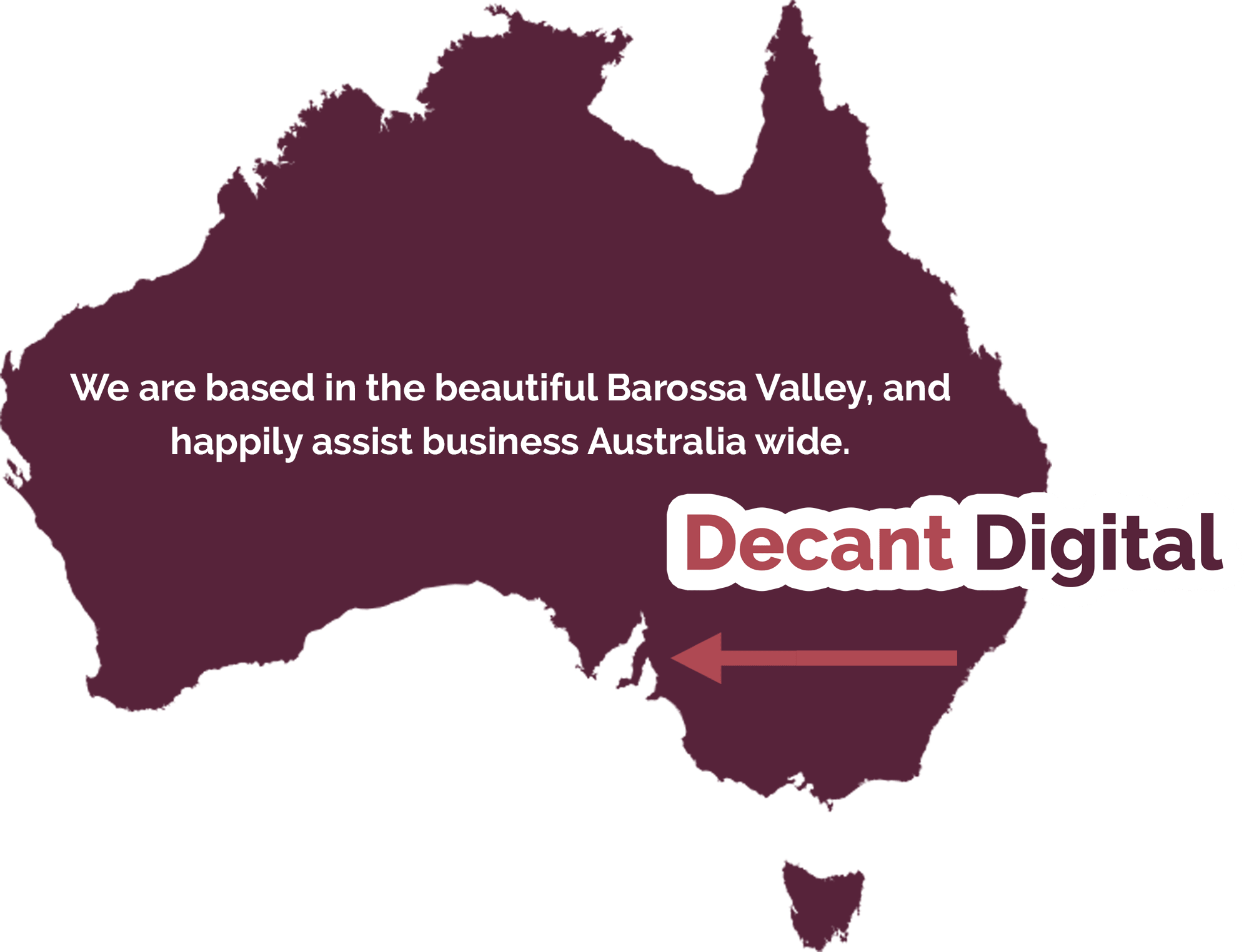A few years back we had the opportunity to cut our teeth within the event marketing space by assisting a long standing, multiple stakeholder wine tourism festival. Not only did we hone our skills, but were also able to test our ideas on tourism and hospitality event promotion tactics in the digital age.
Since then, we have built on this learning and created comprehensive event marketing strategies for several smaller tourism events and wine festivals.
Obviously, if you’re reading this you want smart ways to promote your tourism, hospitality or wine event online. It may not be necessary for you to promote an event on a global scale, but more likely you want to put bums on seats for your upcoming wine dinner or make ticket sales prior to your restaurants’ annual long table lunch. Maybe you have a charity fundraising dinner or a small wine festival you want to grow?
No matter the reason, getting the news of your event out to the right audience can seem tricky. Fortunately, the online world offers some amazing options.
What is Event Marketing?
Event marketing is not just about creating awareness though. It is a specialised area that seeks to build momentum and excitement for an event deliberately over a specific period.
Coming up with ways to affordably attract attendees may seem daunting. No matter your specific needs, the following ideas will help you promote your event via modern event marketing tactics and put you on the path to reaching your goals.
TIP:
Part of any successful event marketing campaign comes down to how well you understand your target audience. Thinking you want to sell to anyone who will purchase is a trap. Getting this right straight up will save you time, money and heartache.

Thanks to the amazing targeting capabilities of many social sites i.e. Facebook, Instagram – promoting to your ideal target audience is more important than ever.
And that leads to …..
Set a budget – the digital age may mean your promotion is low cost, but if you seriously want to get your message in front of your ideal customer, then you need to consider ‘pay to play’ tactics such as social media advertising, PPC and remarketing.
1. Event Ticketing Systems
Once you know your audience and budget, the next step is to consider how you are going to sell tickets.
Even if your event is free, you still want to know numbers of attendees. Right?
There are numerous event ticketing systems available which are easy to establish, low cost (you’ll have to pay a % of ticket sales), link easily with many payment gateways and have their own inbuilt promotion options.
Eventbrite is a hugely popular option as it provides cost-effective ticketing software. From wine master classes, to wine dinners to world-renowned food and wine festivals. Eventbrite supports ticket sales for events of all shapes and sizes.
2. Search Optimise Landing Pages
Setting up a dedicated event page on your website with easy to follow ‘how to’ book details (including the booking widget from your ticketing system) should be the cornerstone of all your event promotion efforts.
Driving people to your own website will not only help with your event promotion, but also help grow your website traffic and gain a little extra Google love.
When people hear about your event, be assured they will take a gander at your website to gain more info. If the relevant event info is not easily accessible on your website, you are losing out on valuable opportunities to engage your audience, build your newsletter database and keep people from learning more about your tourism or hospitality business.
ENSURE THE EVENT PAGES COVERS:
- Dates, times and where the event will be held
- How to book – embed a Ticket Sales widget
- What to bring
- Hashtags and relevant information
Take it a step further and ensure your website event page is mobile responsive, has engaging web copy, good imagery and is search optimised for specific keywords your audience will search out to find your event.
AND ensure it is socially shareable.
You definitely want people to be able to share the event information easily with their friends.
3. Create Digital Assets
In this context, digital assets or event marketing collateral are pieces of content – imagery, textual, graphical, or otherwise which can be distributed across various types of media such as social platforms, print and websites.
If you are not a graphic designer or do not have the budget for one, try using Canva and create your own print flyers, social media assets. Utilise existing artwork, video footage and images to create engaging and informative digital assets.
4. Establish an Event Hashtag
Hashtags (#) are still a prominent factor in social media marketing today.
Let the public know the hashtag for your event by including your hashtag in all social promotions, on your website and in print material.
Hashtags power is threefold:
- You can easily target a specific group of users
- Ensures your content can be found
- And make it easier for your content to reach a greater audience
Used wisely they can become your best chance of engaging online. You can amplify your message, make your event stand out from the crowd and inevitably gain new brand ambassadors.[Read more: Hashtag Hints for food and wine events]
5. Upate ATDW and Relevant Listings
For Aussie’s reading this – Listing your event with Australian Tourism Data Warehouse will automatically link your events to national and state tourism organisations’ websites. For more information on listings and help that ATDW can provide – click here.
ATDW is hands down one of the fastest ways to get the information out on digital. But don’t forget other free and paid listings as well as your industry specific local tourism groups.
(Note – contact your relevant tourism organisation to see what listings are suitable to promote your events in your region).
6. Support your Sponsors, Stakeholders & Influencers
You do not have to do all the heavy lifting with event marketing. To amplify your message, ask your sponsors, media partners and potential collaborators to get on board.
Make it easy for them to spread the word from the very beginning. Create a cheat sheet with concise set of notes for them to use as a quick reference.
The Cheat Sheet should include:
- Event booking details and website event page
- Social Media channels to link support
- Event Hashtags
- Digital Collateral and style guide (TIP: put your digital assets into dropbox and share the link with your collaborators)
7. Spruik About the Event on Social Media
Social media is still a trusty communication channel that can multiply your reach, increase engagement and build event momentum.
There are so many ways you can promote your event on social media, we can’t cover them all here. For a good round up, read Canvas’ event promotion ideas for social media.
8. Send Engaging Newsletters
Ignore the spreading myth that email newsletters are dead!
Email is still an extremely critical communication channel. It is essential to your event marketing campaign. Just ensure you’re sending out a timely, relevant newsletter and not a one off and definitely don’t send it out the day before the event!
Yes, we see this tactic a lot with smaller events especially within the wine industry. They send out an email to their database, (the database that they have not engaged with for months, sometimes years) and then get all despondent that no one booked!
Email Marketing is permission based – and it all started with a simple transaction. Basically, your subscribers handed over their email address in the expectation they will receive something from you. That usually means a regular newsletter.
So a one off newsletter just won’t cut it.
9. Press Release
Like email, press releases are not dead either. There is a place for them in your event marketing strategy.
Most print publications now have an online equivalent. So, when you write a press release, not only should you submit to media release sites (there are paid and free versions), also submit direct to the quality print magazines you have built a relationship with.
If it’s relevant information, in most cases they’ll be happy to include in their online publication and link back to your website.
10. During and Post Event
So, the big day has arrived. You’ve done all the hard yards and you know just want to enjoy your event.
Sadly, this is not the time to sit back and relax. Keep the momentum going by:
- Liking, commenting and resharing User Generated Content on social media
- Take photos of the day
- Get feedback from attendees
All of this will help you do a post wrap up, but also assist you with your next event promotion.





Leave A Comment